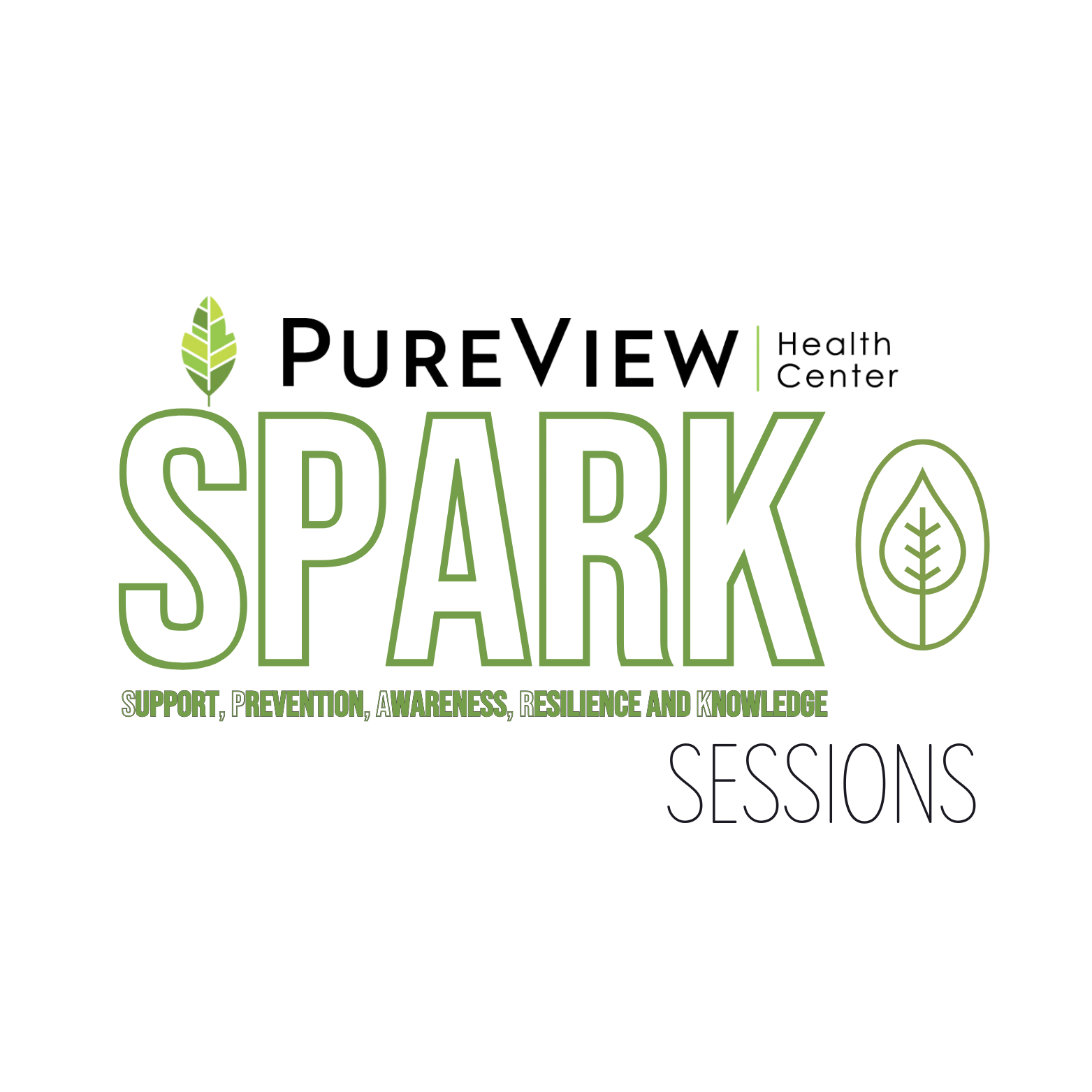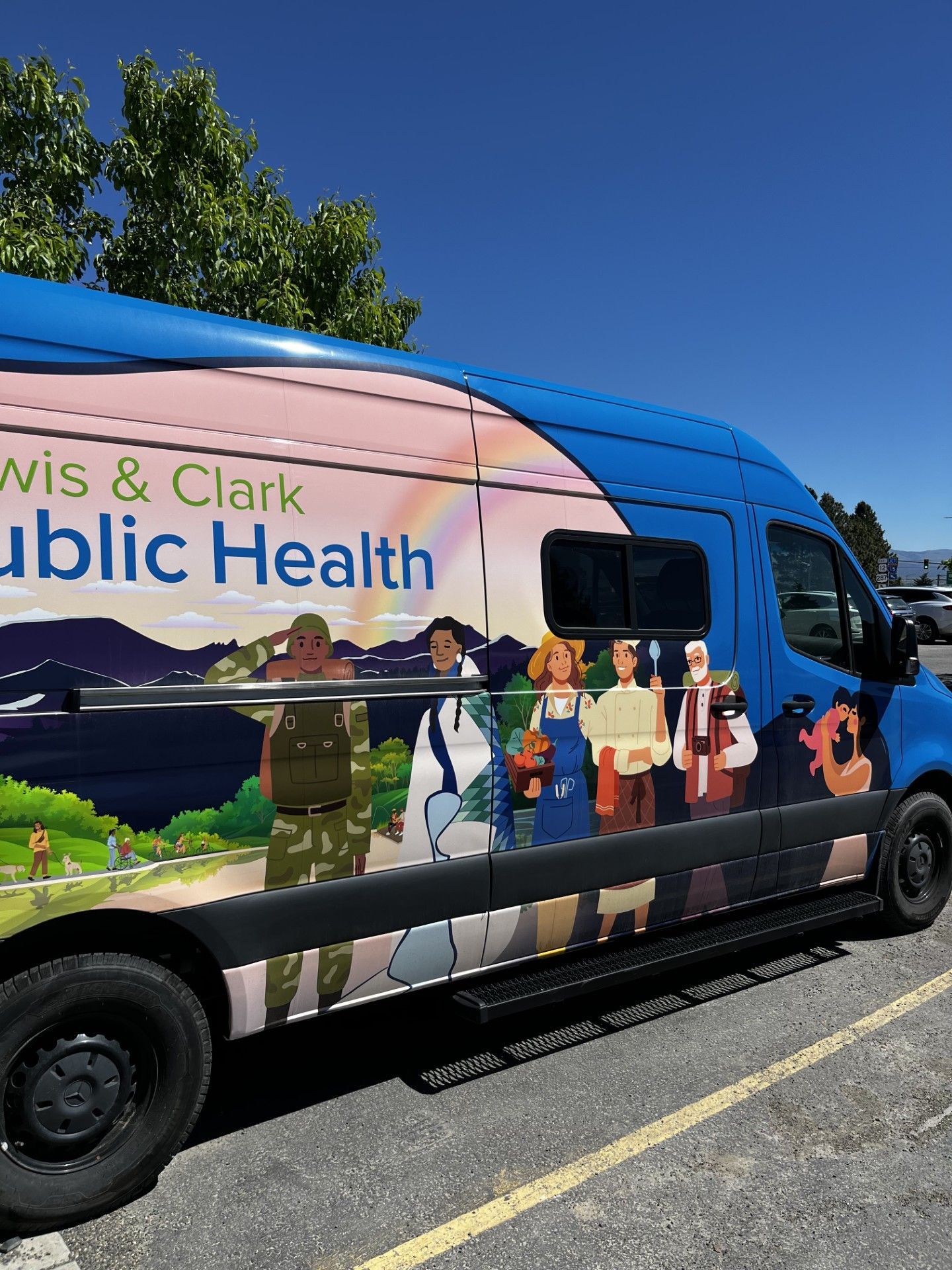The Buzz on Caffeine: Pros, Cons, and Knowing Your Limit
Struggling to kick off your day without a few cups of coffee? Did you know that caffeine, the stimulant in your morning brew, is the world's most popular psychoactive substance? But what exactly is caffeine, and what are some of the benefits and drawbacks of consuming it?
Caffeine is that it is a natural stimulant found in various plants, such as coffee beans, tea leaves, and cacao seeds. It is widely consumed in the form of beverages like coffee, tea, and soft drinks. For a lot of folks, caffeine is an essential part of their daily routine, providing a much-needed energy boost.
But how much caffeine is too much, and what are the pros and cons of caffeine consumption?
We'll answer all these questions. Let's explore the fascinating world of caffeine.
Caffeine Consumption - The Good Aspects
Let's start with the good news.
Improved Mental Alertness and Cognitive Function: Caffeine blocks the action of adenosine, a neurotransmitter responsible for promoting sleep and relaxation. By doing so, it helps to increase mental alertness, focus, and cognitive function.
Enhanced Physical Performance: Caffeine has been found to improve physical performance by increasing the release of adrenaline, which prepares your body for physical exertion. It can also help break down body fat, making it available as an energy source.
Potential Health Benefits: Moderate caffeine consumption has been associated with various health benefits, such as reduced risk of Parkinson's disease, Alzheimer's disease, and liver diseases. It may also help protect against certain types of cancer, such as colorectal and liver cancers.
Caffeine Consumption - The Negative Aspects
Sleep Disruption: Consuming caffeine too close to bedtime can interfere with your sleep cycle, making it difficult to fall asleep or maintain a deep sleep. This can lead to sleep deprivation and negatively impact your overall health.
Increased Heart Rate and Blood Pressure: Caffeine can cause a temporary increase in heart rate and blood pressure, which may not be suitable for people with certain medical conditions, such as heart disease or hypertension.
Dependence and Withdrawal: Regular caffeine consumption can lead to physical dependence. Abruptly stopping or significantly reducing caffeine intake may cause withdrawal symptoms, including headaches, fatigue, irritability, and difficulty concentrating.
How Much Is Too Much?
The safe amount of caffeine consumption varies from person to person, depending on factors such as age, weight, and individual sensitivity. Generally, for most healthy adults, consuming up to about 400 milligrams of caffeine per day is considered safe. How much is that in real terms? Four hundred milligrams of caffeine is roughly the amount found in:
* Four 8-ounce cups of brewed coffee
* Ten 8-ounce cups of black tea
* Two 16-ounce energy drinks
However, pregnant or breastfeeding women, individuals with certain medical conditions, and those who are sensitive to caffeine should consume less or avoid it altogether. It is absolutely essential to consult your healthcare provider for personalized advice on your caffeine consumption.
There are quite a few pros and cons when it comes to caffeine. Striking the right balance is key to enjoying its benefits while avoiding the potential drawbacks. Drinking or eating moderate amounts of caffeine can help improve your mental alertness, enhance physical performance, and offer potential health benefits. On the other hand, drinking or eating to many items with caffeine can disrupt your sleep, increase your heart rate and blood pressure, and lead to dependence.
Maintain a healthy relationship with caffeine by monitoring your intake, recognizing your body's signals, and adjusting your consumption accordingly. Everyone's caffeine tolerance is different, so always listen to your body and consult your healthcare provider if you have any concerns.










